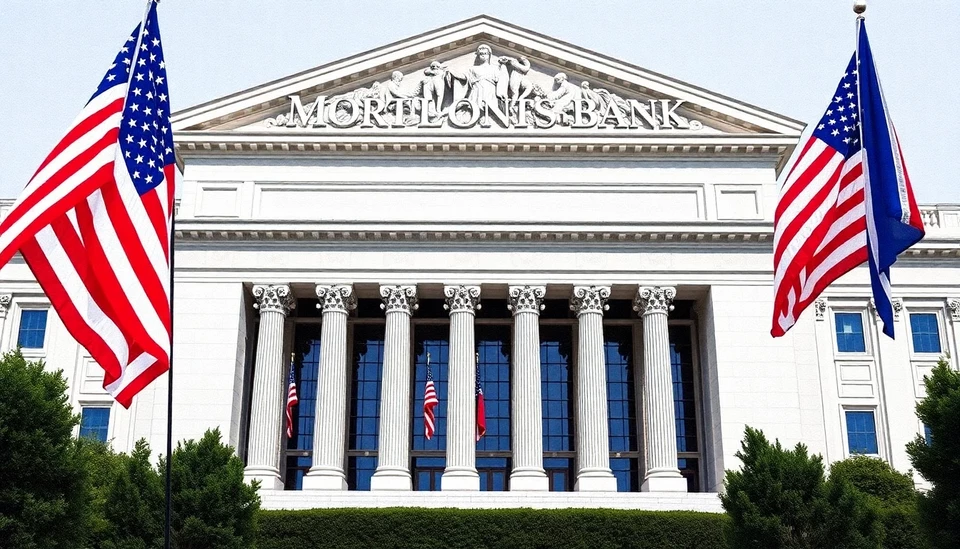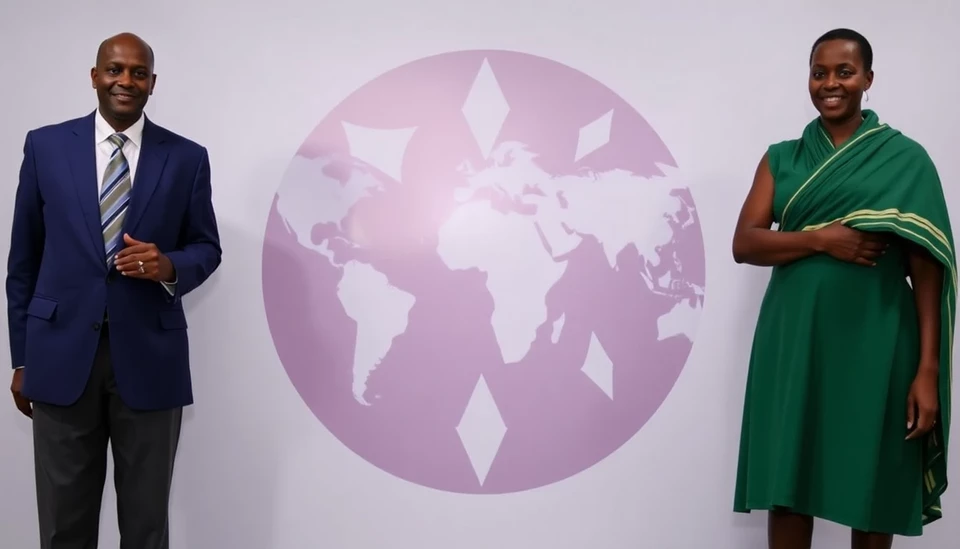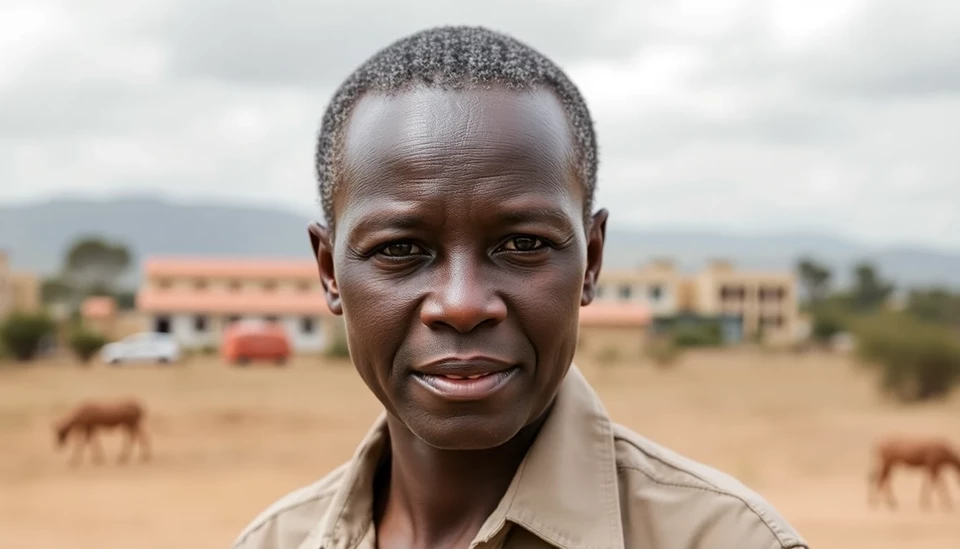
During this year's prestigious World Economic Forum in Davos, Switzerland, a United Nations spokesperson voiced strong opposition against the World Bank's funding of private hospitals in low-income countries. The remarks were made amid mounting concerns regarding healthcare access and equity globally.
The official highlighted how the financial backing of private healthcare systems can exacerbate inequalities, particularly in nations where public health services are already under strain. They argued that the goal of providing equitable healthcare for all is being undermined by the prioritization of profit-driven healthcare models. The speaker emphasized the importance of investing in public health infrastructure rather than funneling resources into private institutions that often serve only a fraction of the population.
In recent years, the World Bank has allocated substantial resources to the establishment and expansion of private hospitals, citing improved efficiency and increased access to modern medical technologies. However, critics warn that this focus on privatization may lead to a cyclic dependency on expensive medical services that the average citizen cannot afford.
At the heart of the critique lies the concept of universal healthcare, which aims to ensure that all individuals have access to necessary medical services without experiencing financial hardship. The UN representative urged global leaders at the forum to shift their focus from private investment towards strengthening public healthcare systems that are more inclusive and accessible to marginalized populations.
The gathering at Davos serves as a platform for influential leaders and policymakers from around the world to discuss critical issues, including health, climate, and economic strategies. The UN official's remarks represent a growing demand for re-evaluating current funding priorities in global health, urging stakeholders to consider long-term impacts on health equity rather than short-term economic gains.
This bold statement by the UN official could ignite further debates on the role of international financial institutions in shaping health policies and may influence future discussions at the World Bank regarding their investment strategies and healthcare initiatives.
As the dialogue continues, advocates for public health and universal access await the response from the World Bank and other stakeholders to confront the growing disparities in global health access.
#WorldBank #Healthcare #Davos2025 #PublicHealth #HealthEquity #UniversalHealthcare
Author: John Harris




